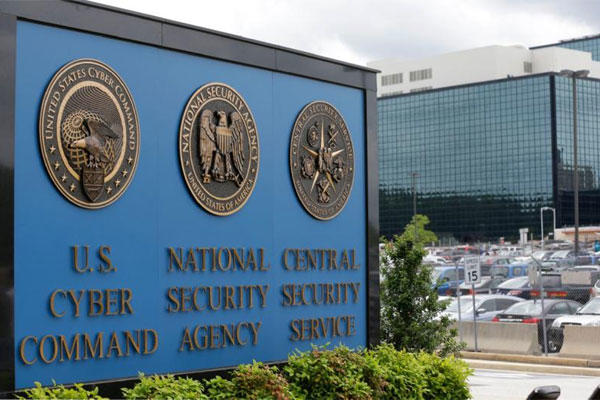The U.S. has at least one ally that doesn't care about the massive eavesdropping by the National Security Agency that threatens trade and military relations worldwide, New Zealand Defense Minister Jonathan Coleman said Monday.
"I don't think New Zealand's got anything to worry about," Coleman said jokingly at a Pentagon briefing with Defense Secretary Chuck Hagel.
"We're not worried at all about this," Coleman said, in contrast to the outrage over the NSA's alleged meta-data sweeps voiced by France, Japan, Spain, South Korea, Brazil, Mexico and especially Germany, whose Chancellor Angela Merkel reportedly suspects that the NSA tapped her cellphone.
Hagel ducked questions on what he knew and when he knew it about the NSA's activities as described in leaked documents from former NSA contractor Edward Snowden.
"I don't discuss conversations I have on national security," said Hagel, who has partial oversight of the NSA as a senior member of the national security team. "This issue continues to be explored."
Despite the NSA sweeps of emails and phone records, "we have great respect for our partners and allies," Hagel said.
Hagel also announced that the New Zealand Navy will be allowed to dock in Pearl Harbor for the Rim of the Pacific exercises next June and July, which will include China's participation for the first time.
The U.S. has had restrictions on the New Zealand Navy since the Australia, New Zealand, United States Security Treaty was suspended between the United States and New Zealand in 1984, when New Zealand banned nuclear-powered ships from entering its waters. Under the U.S. "one-fleet" policy, U.S. Navy ships stopped visiting New Zealand ports.
In 2012, then-Defense Secretary Leon Panetta announced that restrictions on the New Zealand Navy were being eased to allow visits to Defense Department and Coast Guard facilities around the world.






























